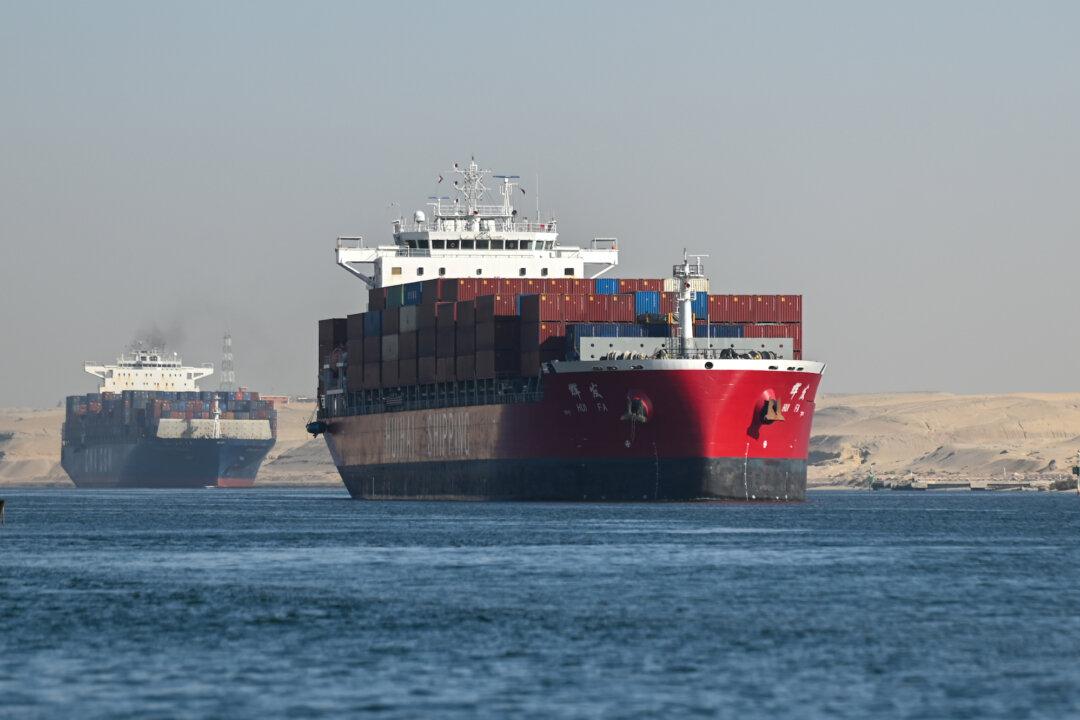The U.N. Security Council on Jan. 11 approved a resolution condemning Yemen’s Houthi rebels for a series of attacks in the Red Sea that have significantly disrupted global trade.
The resolution, drawn up by Japan and the United States, calls for an immediate halt to the attacks while cautioning against further escalation. It was supported by 11 votes in favor and none against, with four abstentions: China, Russia, Algeria, and Mozambique.





